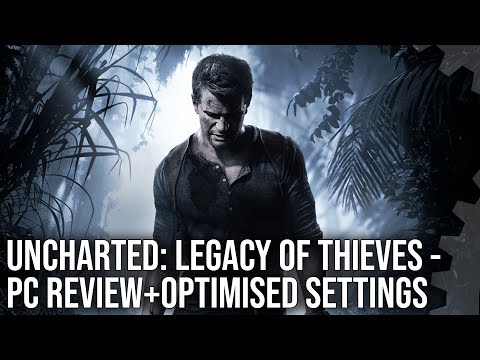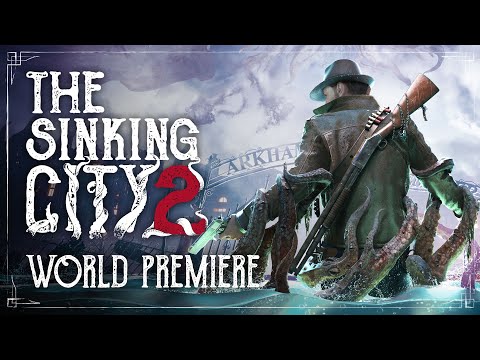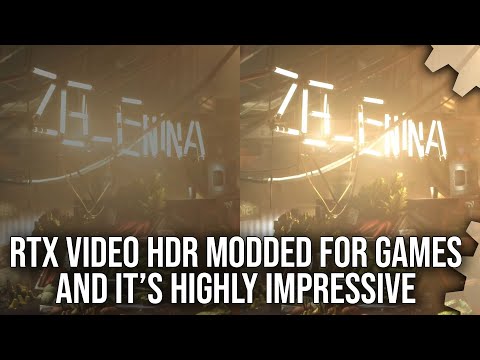[ad_1]
User-generated content, or UGC, has been a continued source of discussion recently, particularly when it involves minors doing the creating and, in some cases, earning off the back of it.
Last week saw Roblox Studio head Stefano Corazza raise eyebrows with his comments on Roblox’s openness to allow under-18s to publish and earn money from games on the platform. Roblox takes a significant cut of this, and pays those creators with in-game Robux currency that cashes out at a rate of roughly 3.5 times less than it can be bought, which has sparked accusations of it exploiting children as part of its business model.
“I don’t know, you can say this for a lot of things, right?” Corazza said in response, citing teenagers who’d built up millions of followers on the platform. “They didn’t feel like they were exploited!
“Like, you can say, ‘Okay, we are exploiting, you know, child labour,’ right? Or, you can say: we are offering people anywhere in the world the capability to get a job, and even like an income. So, I can be like 15 years old, in Indonesia, living in a slum, and then now, with just a laptop, I can create something, make money and then sustain my life.”
Roblox provided Eurogamer with an additional statement after the publication of that story, similar to the statement it provided in 2021 after the original allegations of “exploitation”, highlighting its growth in total payouts and emphasising that “more than 90 percent of the top 1000 experiences by hours engaged in were owned by developers who were at least 18 years old.”
Soon after this conversation with Corazza at GDC last month, Eurogamer also spoke with Epic Games’ executive vice president Saxs Persson, who looks after Fortnite’s various UGC initiatives such as Lego Fortnite, Unreal Editor For Fortnite (UEFN), and Fortnite Creators. Persson spoke openly about the “gatekeeping” he felt was “at the heart of why the industry is in a rut”, but he also spoke a little about Epic’s policy when it comes to publishing and monetising the creations of children.
“We are 18-plus,” he emphasised. But what does Epic think about monetising under-18s’ creations, and paying out to creators? “Well, in regions where it is permissible, yes we should lower that age. But we started at something that is like, unilaterally: this is professional labour. People have signed up for professional payments.
“There’s a lot of things to really think deeply about,” Persson continued, “like how you want to fund this ecosystem of creators, and how you make creativity available to all. It’s a goal of ours, obviously. There’s a lot of Lego creators that want to still express themselves, [who] can’t right now because of how these rules work, and we should work to mindfully change that, where we can. But right now we’re 18-plus.”
Another topic that regularly comes up with the likes of Fortnite and Epic is moderation, both in terms of online safety and around licensing. It’s something Eurogamer previously discussed with Roblox, too. On Roblox, Corazza discussed how the game’s new generative AI tools are subject to “pre-moderation on the prompt” – referring to the prompts provided by the user for the platform’s AI system to generate say, a backpack texture – “before that is sent to our back-end, and then we do post-moderation on what comes out.
“Safety is our number one product, as a gaming platform,” Roblox’s Corazza told Eurogamer, “and so we want to make sure that whatever comes out is legit and, you know, good content, non-offensive, non-toxic and everything. So there’s a lot of AI on the back end, to make sure that the assets are okay, the experience is okay. The most difficult thing that we do, I think, is real time chat moderation. We have a whole division that is dedicated basically to that.”
As for licensing issues, Corazza said, “If you create it with AI, or you make it yourself, you own the IP. If it’s someone else’s 3D model, and you’re infringing, and you’re pushing that in the game, then someone can find out and then report it. And when they report it then we can take action.
Persson described Epic’s approach similarly, although while not mentioning Roblox or any other company specifically by name, he had strong opinions on this DMCA strike-based approach to infringements on copyright. “It’s all handled on the back-end, basically,” he said. “Because we do the moderation, and every island in Fortnite is pre-moderated. It’s not post-moderated.”
“The other thing is, most UGC ecosystems rely on DMCA, and on takedowns to enforce your brand. That is the worst way you can humanly do that for players and for brands. And for creators for that matter, that didn’t even know that they infringed on something. You kind of want something upfront.”
“We have systems that help moderators,” he added, “but these are humans. Lots and lots of humans.”
For more from Persson, including his thoughts on the state of the industry and whether Epic’s still interested in the concept of the metaverse, it’s worth giving our interview a read.
[ad_2]
Source link



